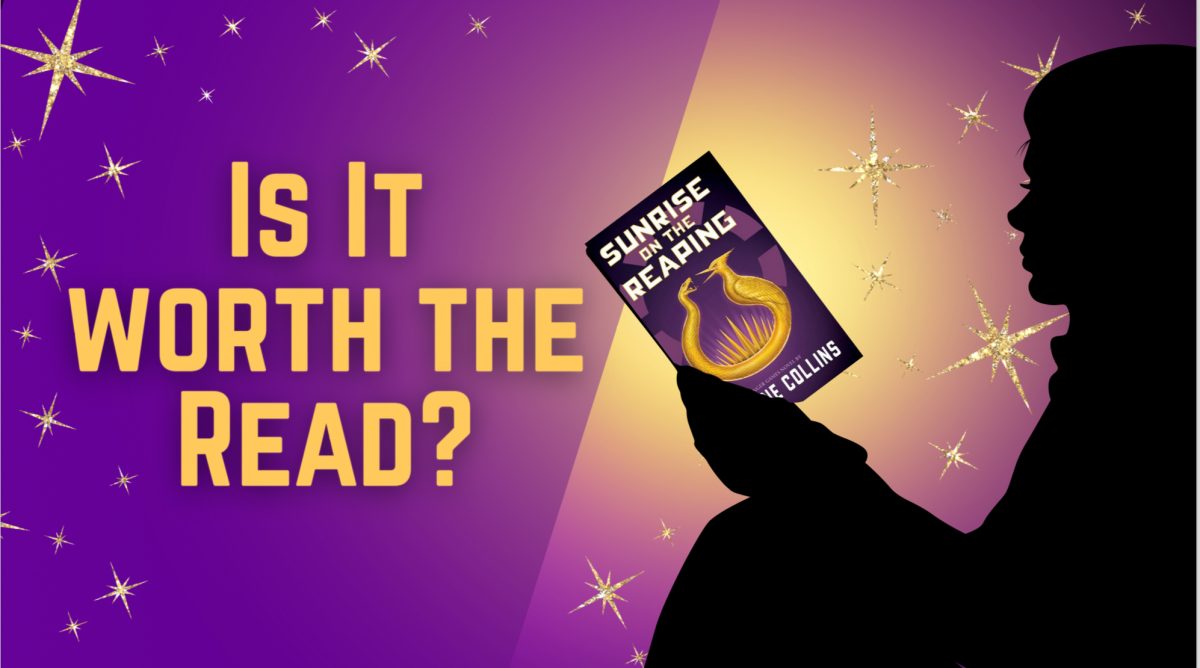The music industry was hit hard following the tragic and untimely death of Liam Payne on Wednesday, Oct. 16. Payne, 31, a former One Direction star whose life in the spotlight began as a teenager, was found dead outside a hotel in Argentina after allegedly falling from his balcony. Reports from hotel guests revealed there were “violent noises” and a “scream” just moments before. This devastating event marks the end of a tumultuous career that impacted many lives of the current generation.
Payne rose to fame on The X Factor in 2010 when he was recruited to join a new boy band with Harry Styles, Niall Horan, Louis Tomlinson and Zayn Malik. One Direction released five studio albums from 2011 to 2015 before going on hiatus in 2016. During their active years, the boy band captivated the nation and gained dedicated fans who followed the artists into their solo careers. Many of these loyal fans argue that the music industry took a toll on Payne and the band, which may have contributed to his early passing.
While they captivated millions, the pressure behind the scenes left lasting marks on each member. One Direction’s immense success came at a high cost, including the toll on Payne, who later opened up about the relentless pressure. The group maintained a demanding schedule, often with little downtime between tours, recording sessions and events. This intense workload put a significant strain on each member’s mental health and well-being, especially as they grew from teenagers into young adults in the public eye. For Payne, the constant cycle of work led to alcohol and substance abuse as a coping mechanism. The pressure eventually destroyed the band’s dynamics and led to their 2016 hiatus, giving each member time to focus on their health and identities outside of One Direction.
After the band went on hiatus, Payne left Sony and signed with Universal Music in 2016, launching his solo career. He worked hard in the following years, releasing successful music, including the No. 1 single “Strip That Down.” Despite his efforts to turn his life around, Payne continued to face industry pressure, and personal struggles which led to further abuse of substances, becoming a growing public concern in recent years. Just days before his death, Payne was reportedly dropped from Universal Music.
A partial autopsy found multiple substances in his system, and recent updates suggest he may have fainted before the fall. In the wake of Payne’s death, streaming platforms have seen a surge in One Direction’s music, with 10 of their songs charting globally on Spotify within hours, demonstrating his global influence.
The loss of Payne is a call to reexamine how young artists are treated by an industry that profits from their talents. The relentless expectations placed on teenage performers create cycles of mental health issues that often go unaddressed. His legacy as a beloved performer is undeniable, but it now poses an urgent question: Will his tragic story finally spark change in the music industry, or will it be forgotten once the charts change?








